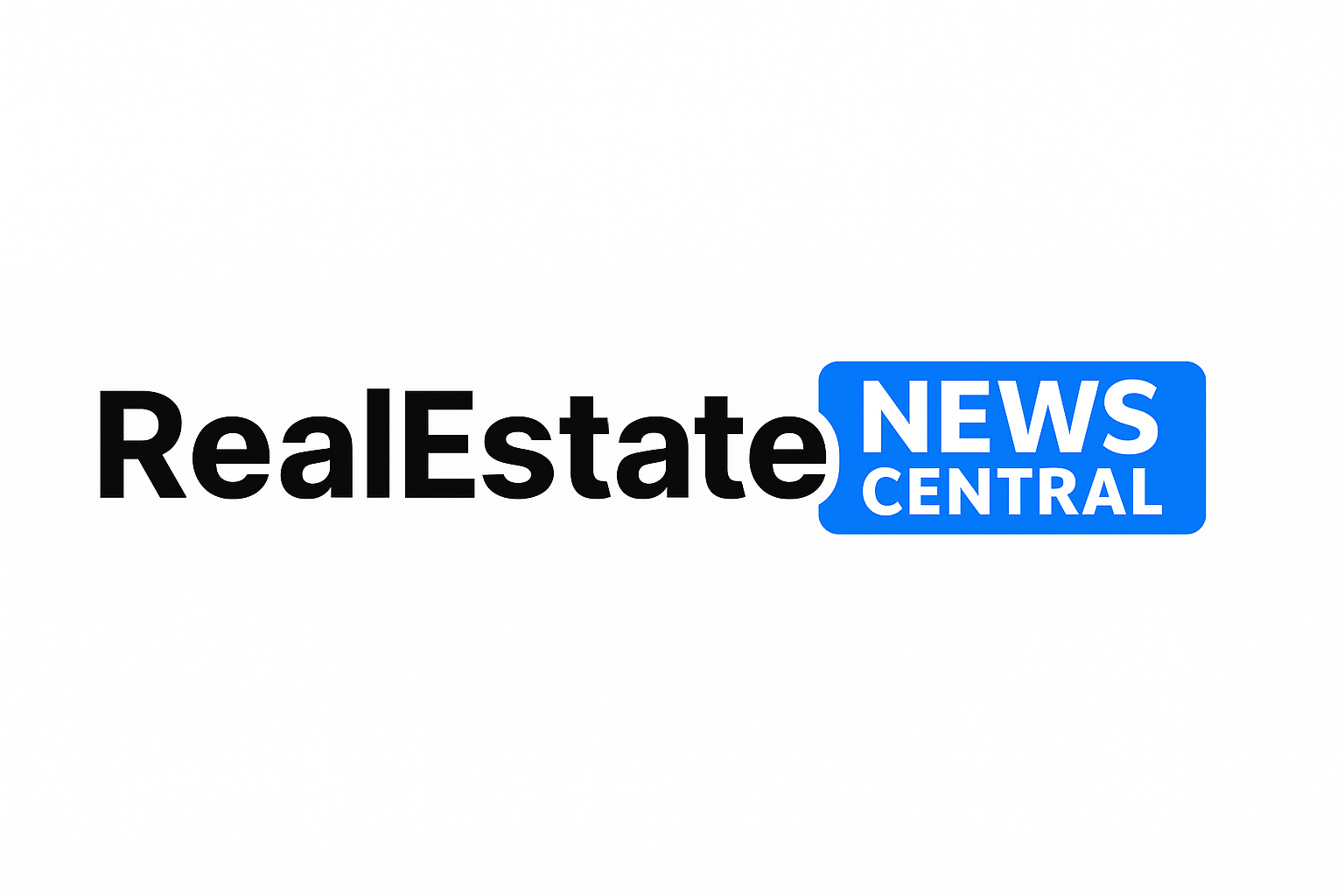Introduction
Indeed, in the new era of finance, blockchain technology is emerging as a game-changer in various sectors, and insurance is no different. The comprehensive digitization and decentralization of this technology have the potential to facilitate efficient and secure operations in insurance.
Overview of Insurance in the Blockchain Era
From streamlining complicated claim procedures to combating insurance fraud, the introduction of blockchain technology is truly reshaping the insurance sector.
Advantages and Challenges of Blockchain Technology in Insurance
While blockchain presents numerous advantages like enhanced transparency, speed, and security, these come hand in hand with challenges such as regulatory concerns, integration issues, and the need for substantial investment. However, the potential benefits unmistakably outweigh the hurdles paving way for a revolution in the insurance industry.
Blockchain Applications in Insurance
Entering the blockchain era has revolutionized many sectors, including insurance. One of the most profound impacts blockchain has had is its ability to simplify complex processes and increase transparency.
Smart Contracts: Enhancing Efficiency and Transparency
Smart contracts represent a transformative application of blockchain technology in insurance. They provide a platform for automating contract execution, thus making insurance practices both more efficient and transparent.
Claims and Fraud Detection: Improving Accuracy and Security
In the aspect of claims and fraud detection, blockchain technology offers revolutionary solutions. It reinforces detection accuracy and ensures better security, contributing to improved profitability and trust in the insurance sector.
Benefits of Blockchain in Insurance
Navigating through the maze of insurance policies can be daunting. Thanks to developments like Blockchain technology, there are new ways to streamline and improve this process.
Increased Trust and Transparency: Strengthening Customer-Insurer Relationship
Blockchain technology brings in transparency, reducing cases of fraud and leading to increased trust in transactions. As a result, the relationship between customers and insurers gets a significant boost.
Cost Reduction and Efficiency: Streamlining Processes and Eliminating Intermediaries
Blockchain technology is a magnificent tool for cost reduction and efficiency. With its ability to streamline processes and eliminate intermediaries in the insurance space, fewer resources are required significantly impacting the bottom line. Thanks to blockchain, customers and insurers alike can reap huge benefits.

Potential Challenges and Limitations
As with any new technology, the use of blockchain in insurance comes with challenges and limitations that must be addressed.
Regulatory and Legal Implications of Blockchain in Insurance
Regulating Blockchain: Applying blockchain to insurance raises regulatory and legal questions. These revolve around setting standards, assigning liability, and determining the legality of decentralised blockchain-based systems.
Data Privacy and Security Concerns
Securing Data: With high data encryption, blockchain ensures data privacy. However, the risk of security breaches and data leaks remains, requiring advanced measures to protect and make the technology hacker-proof. Balancing these risks against the efficiencies offered by blockchain is a notable challenge.
Case Studies
Let’s delve into the power of blockchain in the insurance industry by examining real-world examples.
Successful Implementation of Blockchain in Insurance: Real-world Examples
Blockchain-based insurance has moved beyond the theoretical stage, and many grand projects serve as pioneering precedents in the field. These successful ventures not only streamline existing processes but present creative and beneficial insurance solutions.
Impact on Insurance Industry: Lessons Learned
The blockchain era is revolutionizing the insurance industry enormously. Companies have been gleaning lessons from the successes and challenges faced by early adopters. Gaining efficiency, reducing fraud, and improving customer trust are clear wins. Lessons learned so far illuminate the beneficial impacts blockchain has, further driving the sector towards embracing this transformative technology.
Future Outlook
In an era of technological advancements, insurers are expecting transformative shifts as blockchain gains greater acceptance.
Exploring the Potential of Blockchain in Insurance
Implementing blockchain in insurance could tackle issues including fraud, speed up processes, and enhance transparency, thereby fostering trust. This decentralized system also promises secure and immutable records of transactions.
Anticipated Developments and Trends
The future sees blockchain reshaping insurance with trends like smart contracts and more customer-centric services. The coming years look promising as the insurance industry begins its journey embracing blockchain.
Conclusion
In the rapidly evolving digital world, blockchain technology brings immense opportunities and advantages to the insurance industry. But like any other technological innovation, it’s not without challenges.
Summary of Benefits and Challenges of Blockchain in Insurance
Blockchain technology provides transaction transparency, reduced fraud potential, and accelerated claim processing for insurers. But its adoption is still hampered by concerns over data privacy, integration issues, and regulatory uncertainties.
Opportunities for Insurers in the Blockchain Era
Several insurers are already exploring blockchain technology, which can significantly improve accuracy, reduce administrative costs, and facilitate seamless cross-border transactions. By embracing this technology, insurers can enhance their product offerings and ensure their place in the emerging digital economy.














